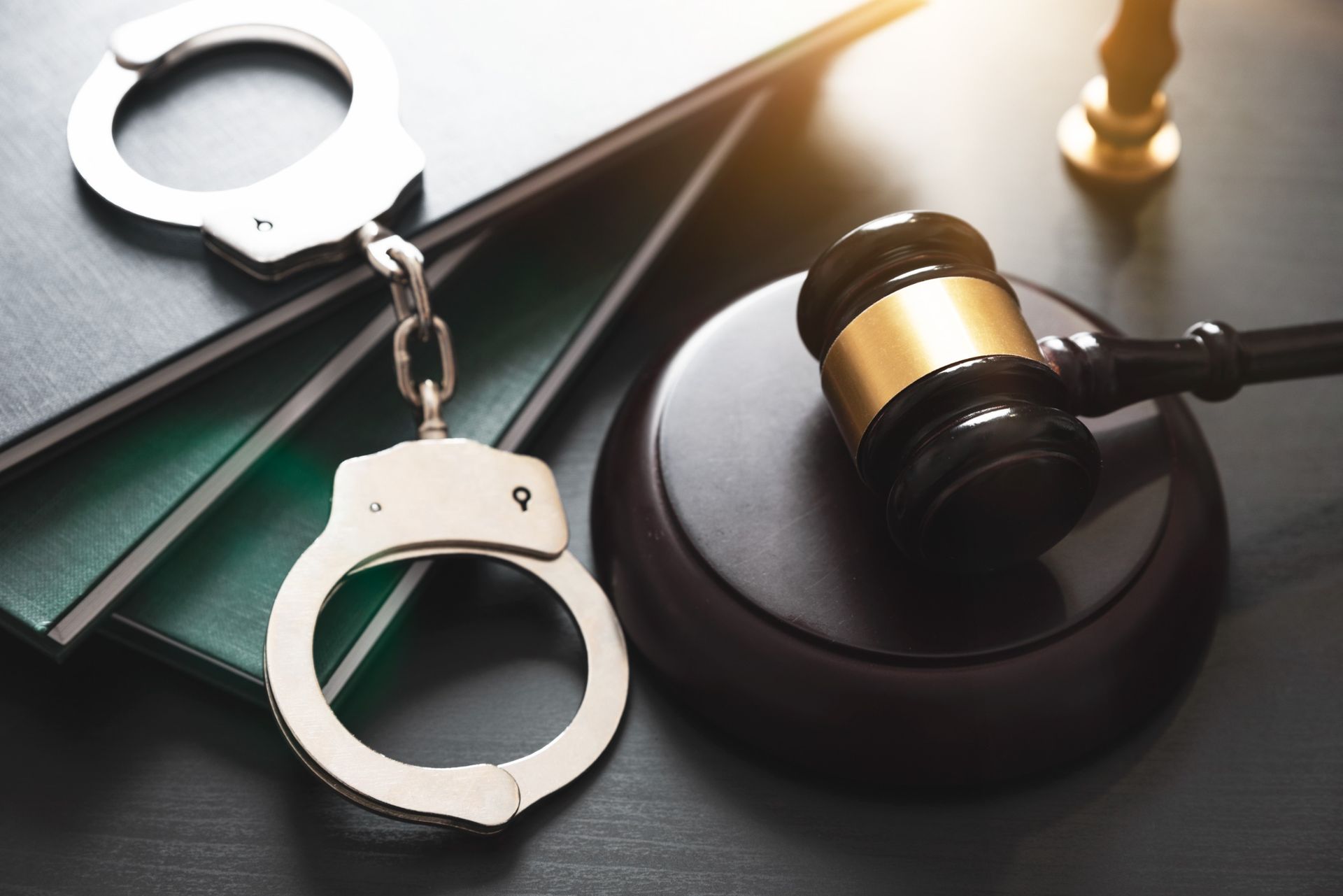What Are Your Rights If You Are Arrested in Texas?
What Are Your Rights If You Are Arrested in Texas?
Being arrested is never a pleasant experience and can be seriously traumatic. It may feel like you are all alone, with the weight of the system pressing down on you, but this is not the case. You still have rights when you are arrested in Texas, and you are still protected by certain aspects of state and federal law. Read on to discover more about those rights.
The Right to Remain Silent
The right to remain silent is generally the first item of the Miranda warning — the set of rights, instructions, and warnings that are read out by law enforcement officers following an arrest. This has been part of the United States law since a Supreme Court decision in 1966, and it is implemented right across the country.
However, law enforcement officers in Texas are not required to read the Miranda warning to you immediately. This means that if you are stopped by a police officer in Texas, you may not hear the Miranda warning, even if you are then questioned as part of this stop. Under Texas law, the Miranda warning is not immediately required during standard booking questions or during a traffic stop. The warning is required before you are taken into a police station or other institution for formal questioning.
Texan law enforcement may also not be required to read the Miranda warning if there is a concern regarding public safety.
You still have the right to remain silent even if you have not heard the Miranda warning, although it is important to tell the arresting officer that you plan to remain silent. Exercising your right to silence in the event of a traffic stop, for example, may result in an arrest that wouldn't have happened if you had been cooperative.
If you are taken into custody and questioned formally and still have not had the Miranda warning read to you, this could be a violation of state and federal law from the law enforcement officers in question.
The Right to Counsel and Representation
The Miranda warning also states that you have the right to legal representation and counsel following your arrest. Again, this is still your right, even if you have not yet heard the Miranda warning from the arresting officer.
If you already have an attorney, you will have the right to contact them. If you have the financial resource to hire your own legal counsel, you will have the right to do this as well. If neither of these two options is open to you — either because you do not have an attorney or do not have the financial resources necessary to hire one — you still have the right to legal counsel and representation, and an attorney will be appointed for you by the state.
You also have the right to refuse to answer any questions that are put to you when your attorney or representative is not present. You will typically be allowed to make a call to arrange for legal representation, although this "one phone call" — despite being often portrayed in movies and TV shows — is not an automatic right.
The Right to Refuse a Search Without a Warrant
Texan police will need a warrant to conduct some types of search. If law enforcement officers want to conduct a search of your property or your car, they will need a signed warrant to authorize this. If these officers want to search your belongings, such as storage containers or bags, they will need a warrant for this, too. However, they do not need a warrant to search your person, or if they believe there is an immediate public safety risk.
In most cases, you will simply be able to refuse the search of your property, car, or belongings until the warrant has been issued. Refusing a search until gaining the opportunity to speak with legal counsel is a common method of handling arrest — this way, the individual is not rushed into allowing the law enforcement officers to do anything they are not entitled to.
The Right to Refuse Testing Without a Warrant
Texas law enforcement officers also need warrants for other things such as blood testing. If you are arrested in Texas, you do not have to submit to testing if there is no warrant in place. You can simply make it clear to the arresting officer that you will not provide a blood test or DNA sample until this warrant has been served.
When the warrant is shown to you, you will need to submit to testing. Tell the officers that you do not agree with the testing but that you will comply under the United States and Texan law. Do not resist, as the law enforcement officers will take the test by force.
There are other instances in which you may be forced to comply with testing, even without a warrant. If the arrest is for a felony DWI, an assault while intoxicated, or manslaughter while intoxicated, police officers are permitted to test you without this warrant.
The Right to Remain Safe from Harm
Texan police are permitted to use "all reasonable and necessary force" during an arrest. This means force that is proportional to the resistance they face — if you are not violent and do not obstruct law enforcement in their task, these officers are not permitted to use physical force on you.
Basically, you have the right to be safe and healthy throughout your time in the custody of the police. You cannot be kicked, punched, choked, or otherwise injured or humiliated. Still, it is advisable never to resist arrest — in the case of wrongful arrest, your legal counsel may get this overturned and you may be able to claim damages at a later date. Always communicate with the arresting officers and tell them what you plan to do.
Protect Your Rights, Even If You Have Been Arrested in Texas
If you need legal counsel, representation, or advice in Texas, or if you are seeking assurance that your rights as a citizen will be upheld, reach out today.



Free Case Evaluation
Homepage FCE Form
We will get back to you as soon as possible.
Please try again later.
By clicking Submit Message, you agree to be contacted by our law firm, either by phone, text or by email.
The information on this website is for general information purposes only. Nothing on this site should be taken as legal advice for any individual case or situation. This information is not intended to create, and receipt or viewing does not constitute an attorney-client relationship.
© 2022 All Rights Reserved | Law Offices Of Robert Gregg | Powered by Convert IT Marketing
|
Privacy Policy







